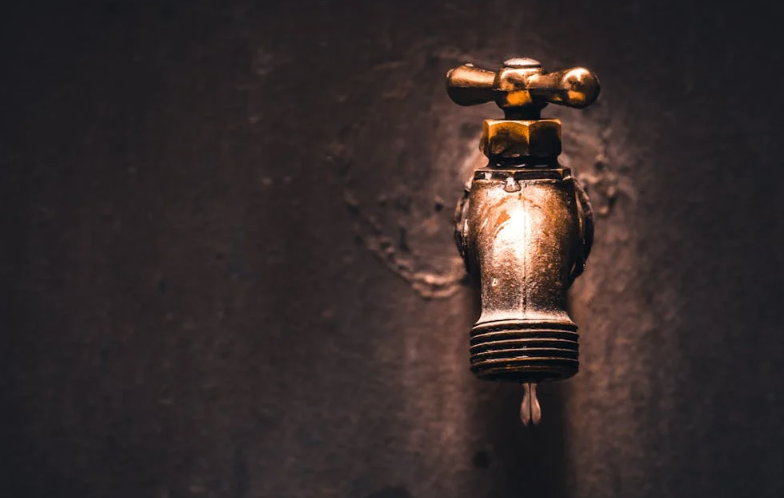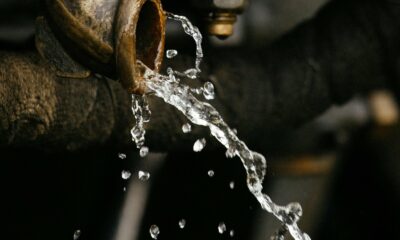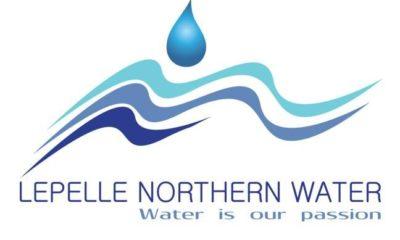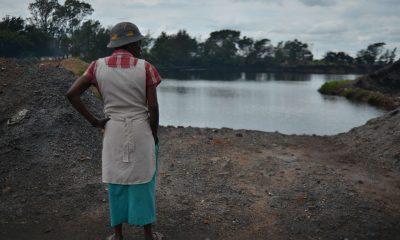News
Minister Clears the Air: Municipal Water Problems Not Caused by Bulk Supply Issues

At the recent reopening of the Lesotho Highlands Water Project (LHWP), South Africa’s Water and Sanitation Minister Pemmy Majodina addressed growing public concerns around ongoing municipal water outages. She made it clear: these problems have nothing to do with the country’s bulk water supply.
Speaking on Sunday, 25 May, Majodina explained that despite widespread issues in towns and cities, national bulk supply levels remained more than sufficient, thanks in part to months of above-average rainfall.
Water Flow Restored After Delayed Maintenance
The LHWP — a vital cross-border pipeline that channels water from Lesotho’s mountain dams into South Africa’s Free State and Gauteng — is flowing again after nearly eight months offline. While the maintenance shutdown was initially scheduled for six months, bad weather on Lesotho’s side led to an extended delay of roughly eight weeks.
South Africa’s portion of the project, managed by the Trans-Caledon Tunnel Authority (TCTA), completed maintenance work on time by the end of March. Majodina commended the team and stressed the importance of patience and cooperation in international infrastructure projects.
“This is a project between two countries. Lesotho faced unusual weather that made working conditions impossible for a time,” she said, noting that South Africa had no need to panic, given the high dam levels from summer rains.
Local Water Problems Linked to Infrastructure Failures
While communities have faced repeated water disruptions, Majodina was firm in separating these issues from the national supply system.
“There is no crisis in bulk water supply. The water we’ve been delivering is more than enough. The real issue lies with leaks, burst pipes, and failing reticulation infrastructure at municipal level,” she stated.
According to the Minister, even towns connected to the Integrated Vaal River System — which includes supply from the LHWP — never dipped into critical reserves like Sterkfontein Dam during the pipeline shutdown.
Fixing Municipal Delivery Is a Shared Responsibility
The Department of Water and Sanitation is actively collaborating with local municipalities to address infrastructure failures, Majodina added. But she clarified that the responsibility for local water reticulation lies with municipalities, not the national department.
“We’re supporting efforts to fix leaks and upgrade local networks, but the actual provision and maintenance of municipal pipelines is not within our direct mandate,” she concluded.
With the LHWP now back in operation and dam levels healthy, the national water supply system remains stable. But unless ageing infrastructure and mismanagement at local government level are urgently addressed, residents may continue to suffer the consequences — even when the taps should be flowing.
{Source: The Citizen}
Follow Joburg ETC on Facebook, Twitter , TikTok and Instagram
For more News in Johannesburg, visit joburgetc.com



























